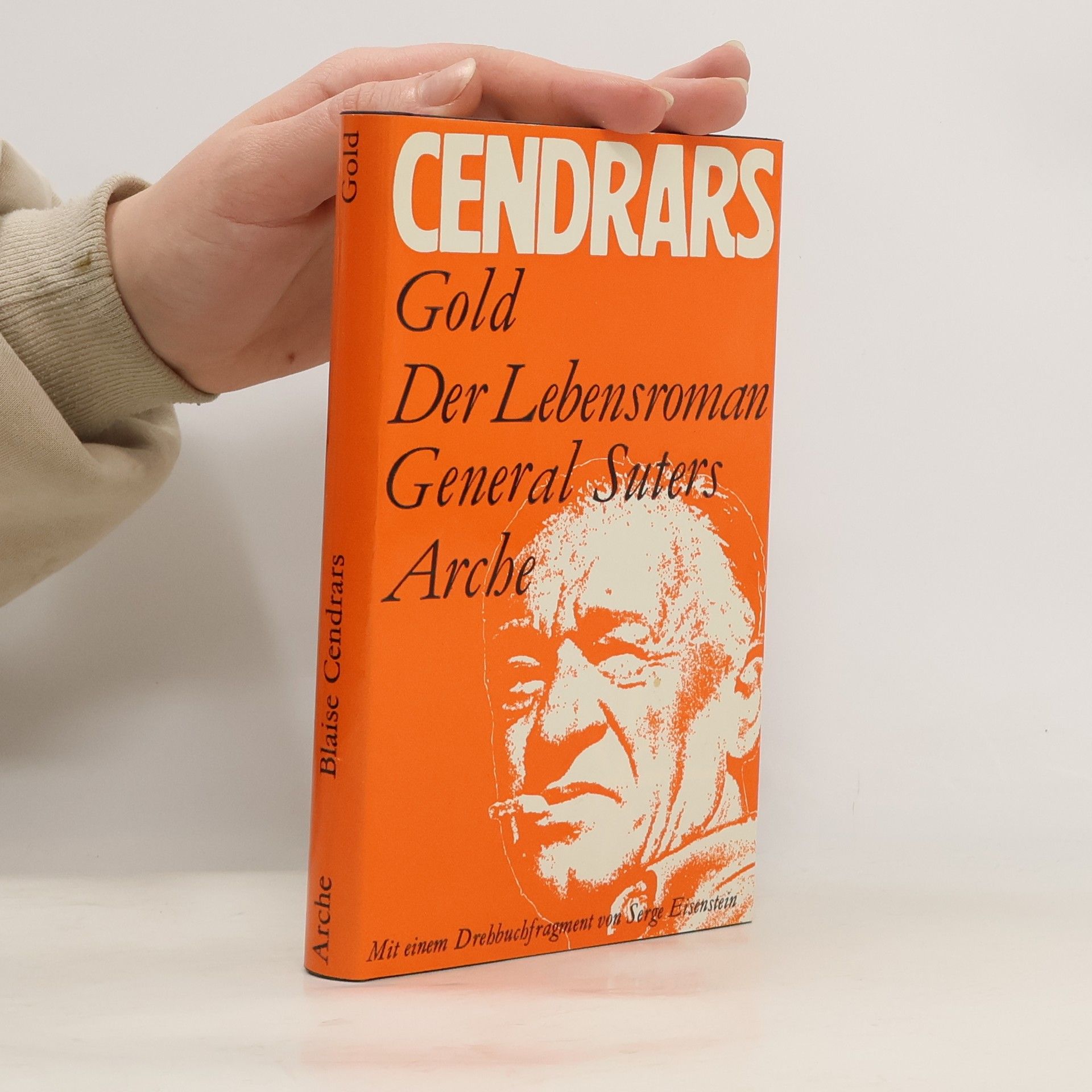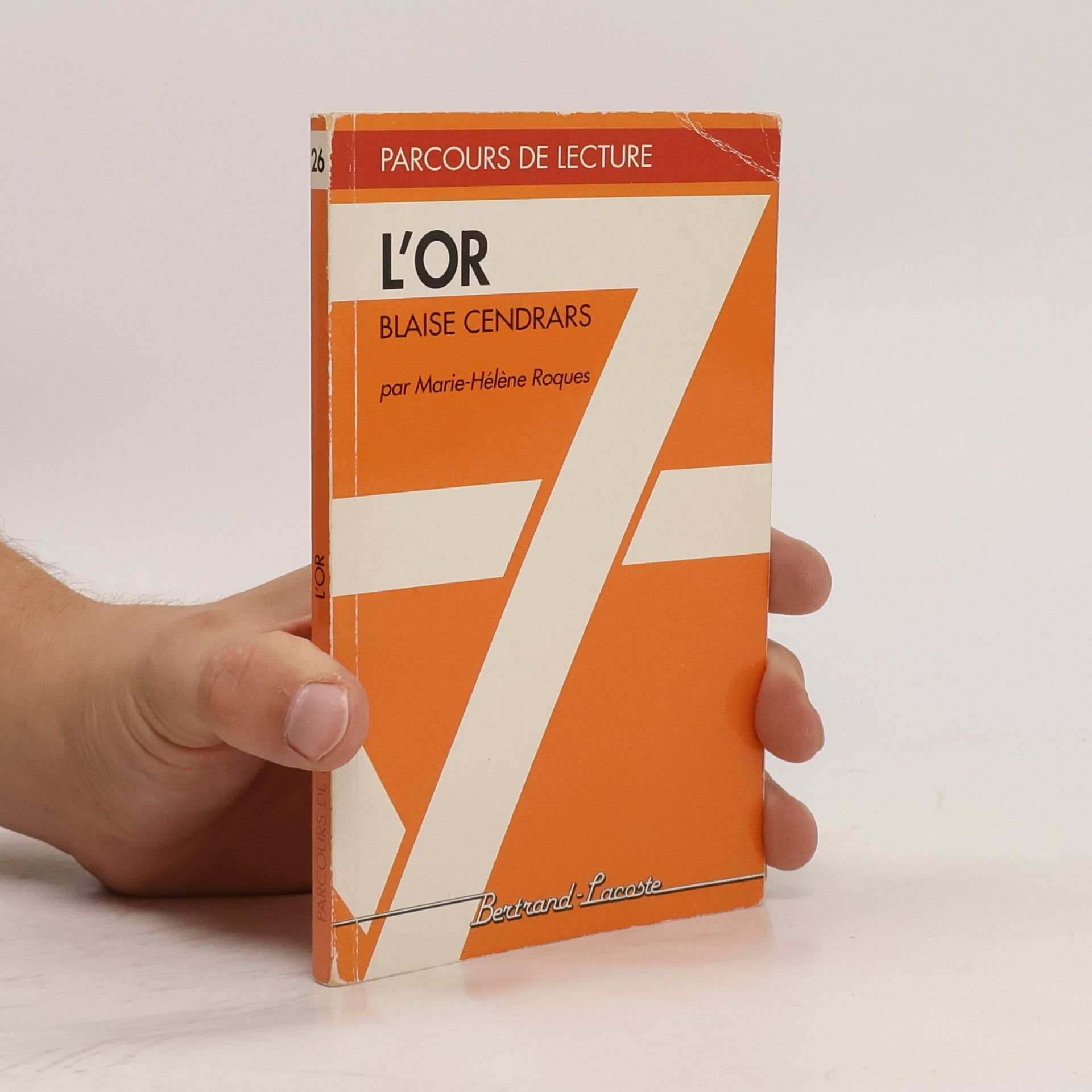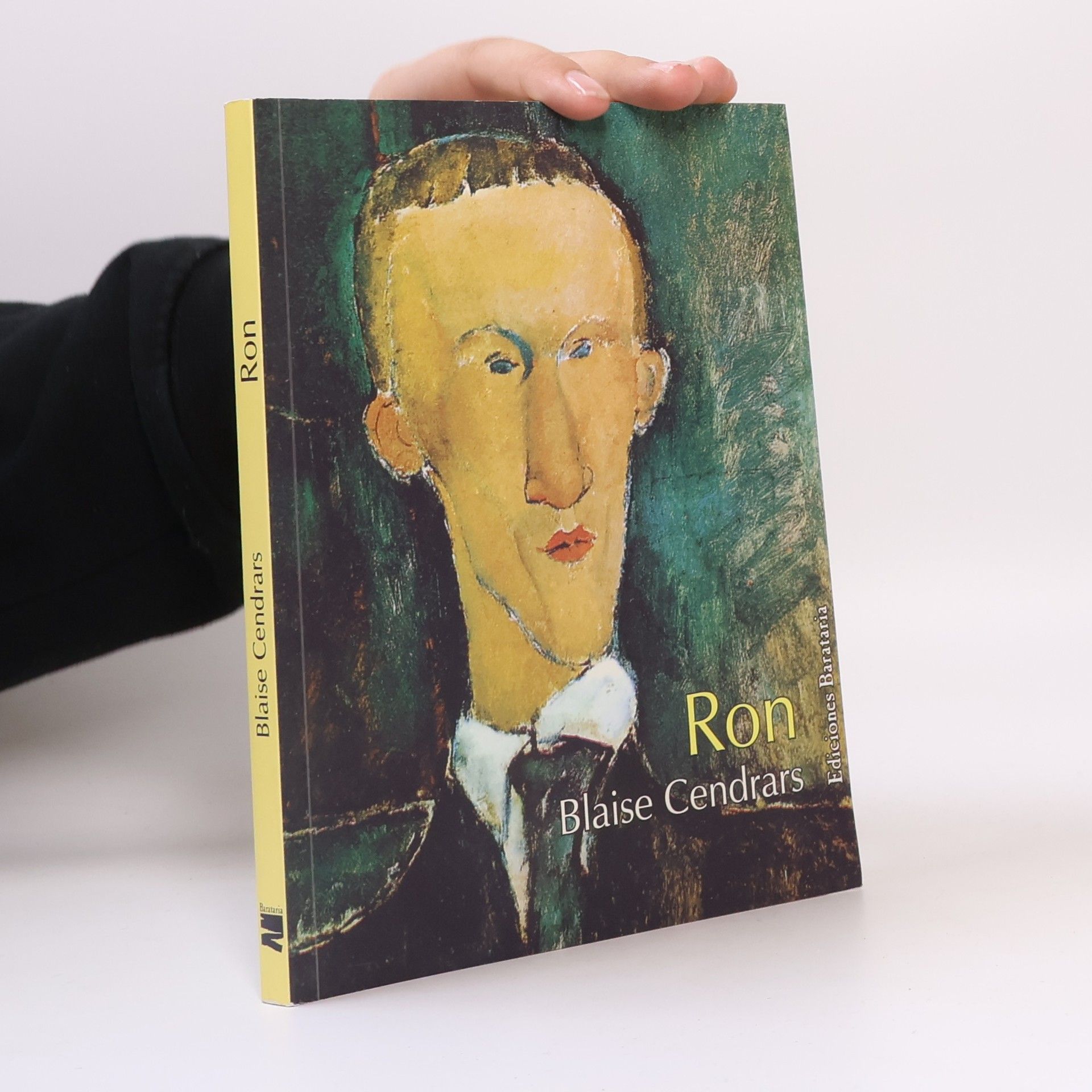Moravagine
- 256 pages
- 9 hours of reading
At once truly appalling and appallingly funny, Blaise Cendrars's Moravagine bears comparison with Naked Lunch—except that it's a lot more entertaining to read. Heir to an immense aristocratic fortune, mental and physical mutant Moravagine is a monster, a man in pursuit of a theorem that will justify his every desire. Released from a hospital for the criminally insane by his starstruck psychiatrist (the narrator of the book), who foresees a companionship in crime that will also be an unprecedented scientific collaboration, Moravagine travels from Moscow to San Antonio to deepest Amazonia, engaged in schemes and scams as, among other things, terrorist, speculator, gold prospector, and pilot. He also enjoys a busy sideline in rape and murder. At last, the two friends return to Europe—just in time for World War I, when "the whole world was doing a Moravagine."This new edition of Cendrars's underground classic is the first in English to include the author's afterword, "How I Wrote Moravagine."








